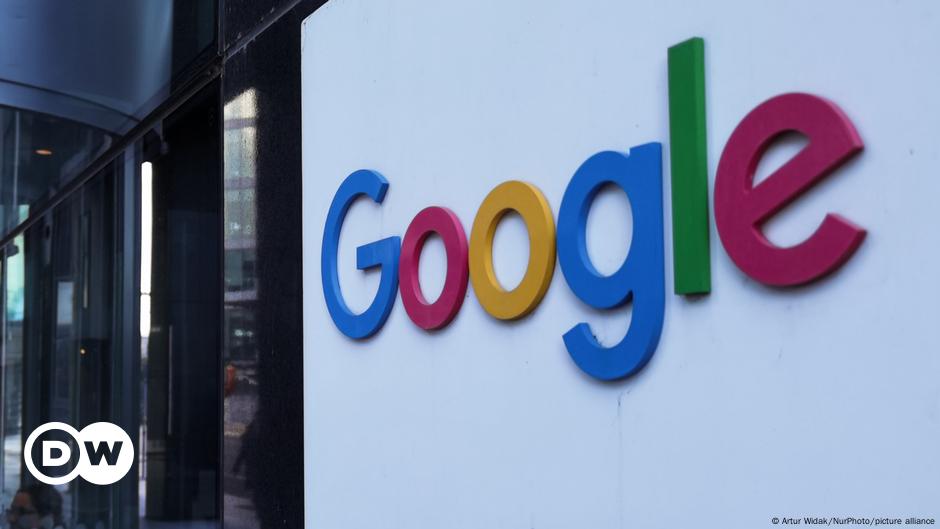A US judge has ordered that tech giant Google must release its smartphone operating system, Android, to rival app stores.
A California jury ruled Monday that Google has an illegal monopoly through its Android Play Store.
This is a further setback for the company after another federal judge in August found that Google’s search engine was also an illegal monopoly.
What does the ruling mean?
According to the order, Google cannot ban the use of in-app payment methods for three years and must allow users to download competing third-party Android app stores.
The order also restricts Google from paying smartphone manufacturers to pre-install the app store and from sharing revenue from the Play Store with other app distributors.
The judge also ordered the creation of a three-member technical committee to oversee the implementation of the changes and resolve any disputes that may arise.
The order will take effect on November 1, with some provisions to take effect by July 1, the judge said.
How did Google react?
Google is appealing the order. It argued that the changes the judge decided should be implemented “will have a variety of unintended consequences that will harm American consumers, developers, and device manufacturers.”
“We look forward to continuing to argue in the appellate court and deciding what’s best for developers, device manufacturers, and the billions of Android users around the world,” said Leanne Mulholland, the company’s vice president of regulatory affairs. I will continue to advocate that.” .
Mobile phones using Android software account for approximately 70% of the global smartphone market.
Smartphone manufacturers can install Android apps for free, provided the Play app store remains on the homepage and other Google apps are preinstalled.
ftm/rmt (AFP, Reuters)


